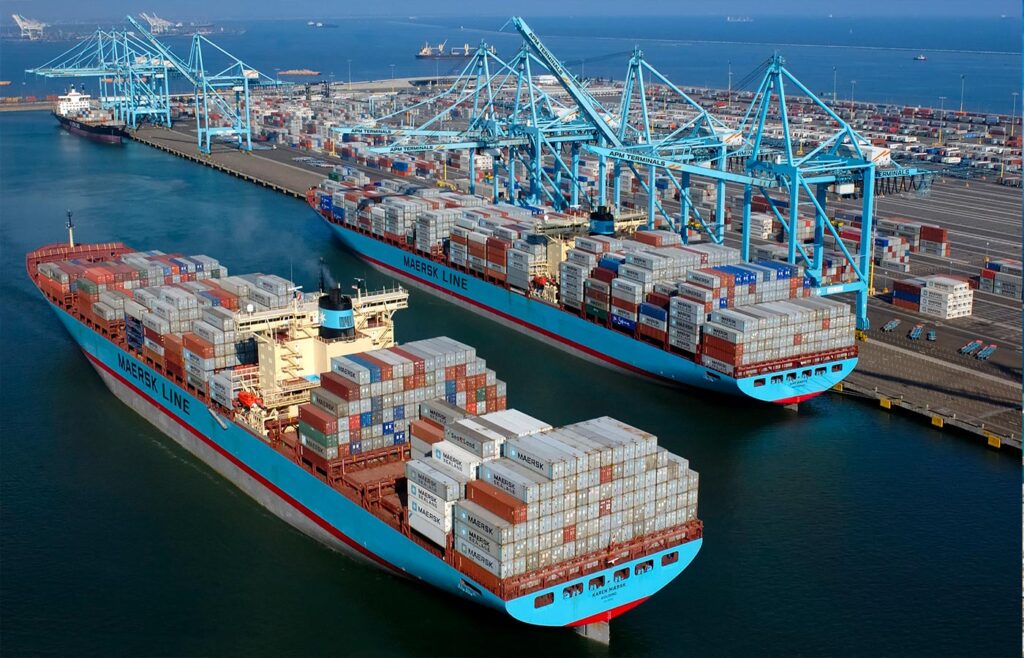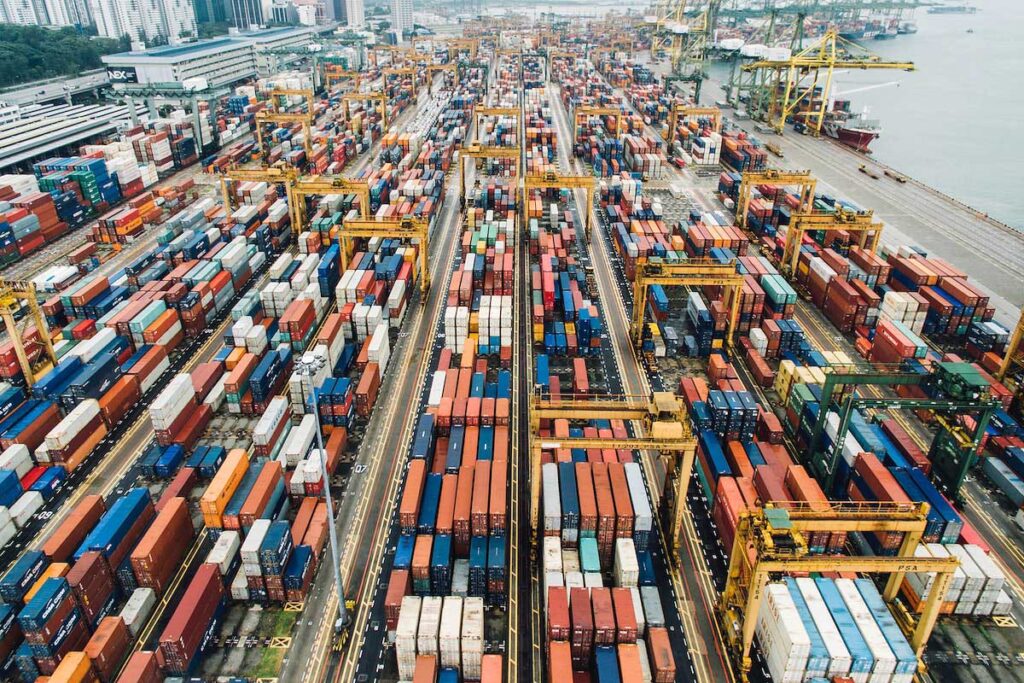In the import-export business new virulent instruments such as tariffs and trade wars, which themselves have created substantial trade volatility tariffs and unpredictability risk in Import-Export Business deals with risk factors affecting firms at all scales.
As countries continue to decimate each other with trade and tariffs and productive retaliative actions.
This article aims to give an insight of the effects of tariffs and trade-war on the import-export business and how one can manage the risks which are inherent in conditions that are constantly changing.
The Effects of Tariff Systems on Import and Export Businesses
Tariffs, or taxes placed upon imported items that are allowed to enter the country, can affect import-export companies immensely.
Higher tariffs mean high prices for imported goods that cannot compete easily with domestic products
And put them in risk, therefore, leads to a decrease in demand.
On the other hand, lower tariffs might expand market access for businesses
And open opportunities to penetrate different markets for their products.

Trade tensions and what was propaganda for retaliatory tariffs earlier is gradually becoming reality in the global economy
Another issue that brings moderate unpredictability in the import-export activity is the trade wars – tariff
Increases and corresponding sanctions between countries.
As one country continues imposing tariffs on goods produced by fellow countries in what it considers unfair trade practices
Other traders could end up suffering losses with business having to deal with higher costs and jammed up supply chains.
Hopeful entrepreneurs fail to realize that trade wars are not isolated events, but they generate a domino effect across industries.
According to Sarah Lee, an economist who focuses on international trade.
As tariffs continue to be imposed and counter tariffs are put in place.
Businesses may be forced to pay more for their imports.
Source their inputs from other markets that may be more expensive or lose market access entirely.
Navigating Uncertainty
Trading is central to most businesses and more so import-export businesses where goods are bought in large quantities
One country then sold them to another country where they are produced in large quantities.
Although tariffs and trade wars represent threats to import-export companies.
it is still possible to transition through the definite uncertainty in different ways.
Some of the measures that can be taken to remain relevant.
Despite the uncertainties include: searching for other markets where to source their supplies and get information on current trade trends.
Embracing Agility and Adaptability
Winding the clock back to the recent past, import-export organizations can only adjust and develop a winning strategy that will enable them to survive in a constantly shifting environment.
This paper concludes that flexibility can help import-export organizations to track market trends and respond to changes to guarantee their success in the market environment.
Conclusion
Tariffs and trade wars complicate the scenario that exist in the import-export business environment where organizations of all sizes stand to be challenged.
Alternatively, through employing various strategies to promoting and maintaining business resiliency, pushing for policy stability
And embracing adaptability and change, import-export businesses can effectively manage risks of instability and succeed under volatile, uncertain, complex and ambiguous environments typical for the contemporary global economy.
click here for agri export blog


